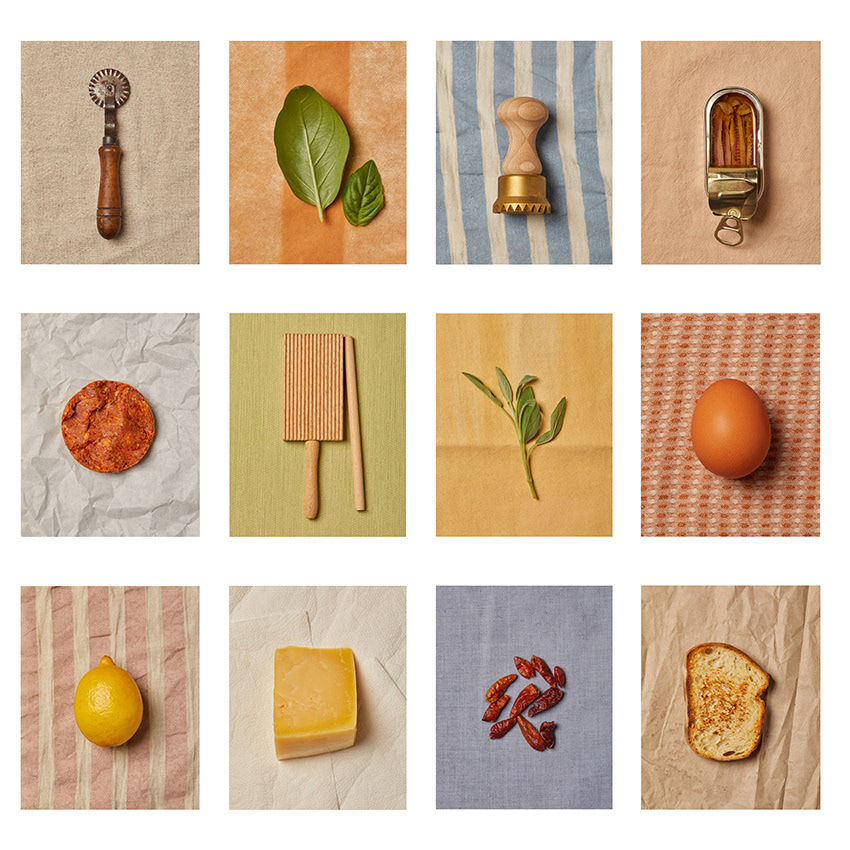Trashumancia / Transhumance
This is how the afternoon of October 24 was lived when the transhumant shepherds passed through Madrid, Spain, with a herd of approximately 1600 sheep.
Así se vivió la tarde del 24 de octubre cuando los pastores trashumantes pasaron por Madrid, España, con un rebaño de aproximadamente 1600 ovejas.

César junto al rebaño apenas llegaron a Casa de Campo a descansar. Al fondo la ciudad de Madrid
Cesar and the flock barely arrived at Casa de Campo to rest. In the background the city of Madrid



Javi, junto a uno de los siete perros quien apenas llevaba cinco meses de entrenamiento como perro pastor.
Javi, along with one of the seven dogs who had only been training as a sheepdog for five months.

David y Lizeth, una pareja de Honduras quienes llegaron a España hace menos de un año. Después de varios trabajos salió la oportunidad de acompañar como pastores a este rebaño durante el mes de Octubre. "Al final uno le coge cariño a las ovejas" - dice Lizeth.
David and Lizeth, a couple from Honduras who arrived in Spain less than a year ago. After several jobs came the opportunity to accompany this flock as shepherds during the month of October. "In the end you start feeling tenderness to sheep" - says Lizeth.













Cada año en el mes de octubre se realiza en varias regiones de España la trashumancia, un proceso datado desde hace miles de años en el cual los pastores caminan junto a sus rebaños por varios kilómetros hacia el Sur, huyendo del invierno y buscando pastos más verdes para la alimentación del rebaño. El 24 de octubre del 2021 un rebaño de aproximadamente 1600 ovinos entre ovejas, cabras y carneros pasaron por el centro de Madrid, siendo este un conocido evento cultural en la capital.
Después del desfile por las calles más emblemáticas y turísticas del centro (un desfile acompañado de música, bailes y personajes disfrazados de pastores), César, Javi y David, los tres pastores realmente a cargo del rebaño, se dirigieron hacia Casa de Campo, un área rural protegida al lado de la ciudad.
Allí esperé al rebaño y los acompañé durante la jornada pastoral de la tarde, conociendo sus historias y sorprendiéndome con su habilidad de pastorear. Junto a siete perros y una pequeña carreta llena de alimentos y carpas para dormir, estos tres pastores - y Lizeth, la esposa de David - han recorrido varios kilómetros desde Palencia hasta el destino final Colmenarejo, donde finalmente el rebaño pasará el invierno.
Me contaron que lo más difícil son las noches, ya que deben acampar en tiendas junto al rebaño y estar ante todo pendientes del acecho de lobos. Los perros guardianes que los acompañan no sólo pastorean, sino que están entrenados para detectar a los lobos y alarmar sobre su presencia. Una vez terminado el recorrido algunos volverán por un tiempo a casa, otros seguirán cuidando el rebaño.
Every year in the month of October, transhumance takes place in various regions of Spain, a process dating back thousands of years in which shepherds walk with their herds for several kilometers to the South, fleeing the winter and looking for greener pastures for feeding the flock. On October 24, 2021, a herd of approximately 1600 sheep including sheep, goats and rams passed through the center of Madrid, this being a well-known cultural event in the capital.
After the parade through the most emblematic and touristy streets of the center (a parade accompanied by music, dances and characters dressed as shepherds), César, Javier and David, the only three shepherds actually in charge of the flock, headed towards Casa de Campo, a protected rural area next to the city.
There I waited for the herd and accompanied them during the afternoon pastoral journey, learning about their stories and surprising myself with their ability to shepherd. Together with seven dogs and a small cart full of food and tents, these three shepherds - and Lizeth, David's wife - have traveled several kilometers from Palencia to the final destination of Colmenarejo, where the herd will finally spend the winter.
They told me that the most difficult thing is the nights, since they must camp in tents next to the herd and, above all, be aware of the stalking wolves. The guard dogs that accompany them not only graze, but are trained to detect wolves and alarm about their presence. Once the tour is over, some will return home for a while, others will continue to tend the herd.



